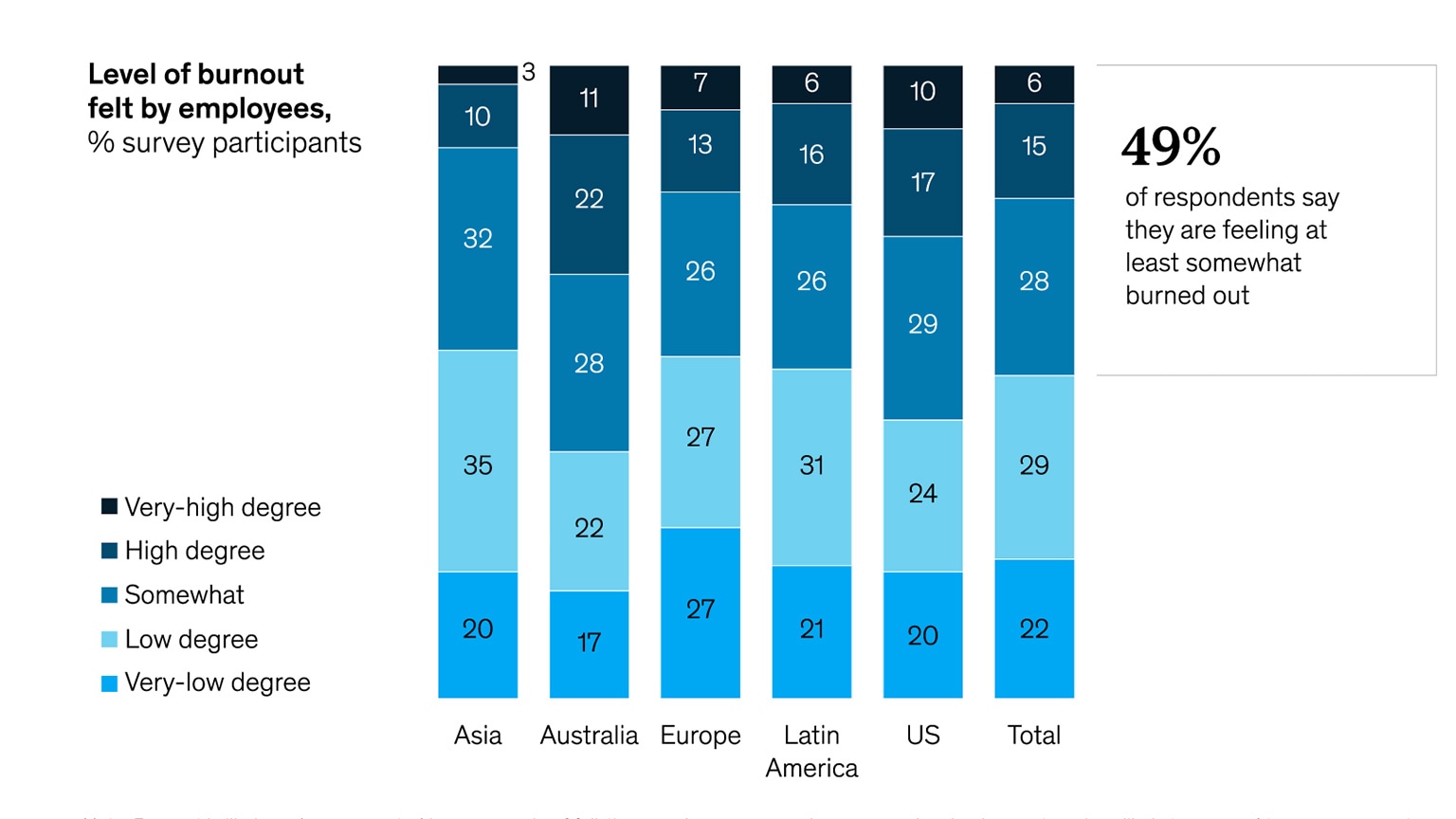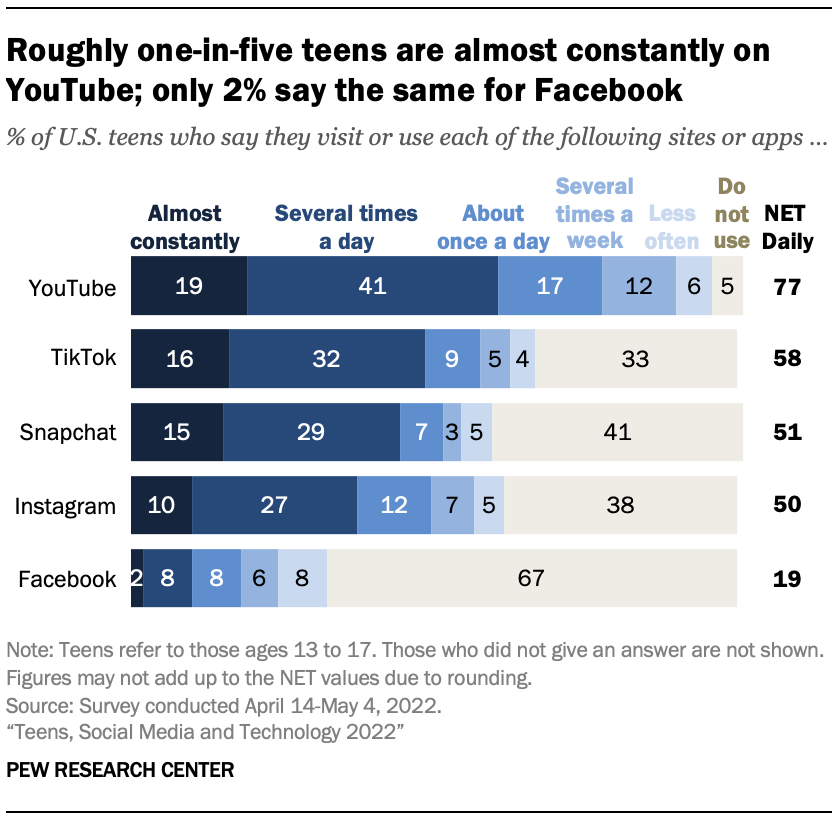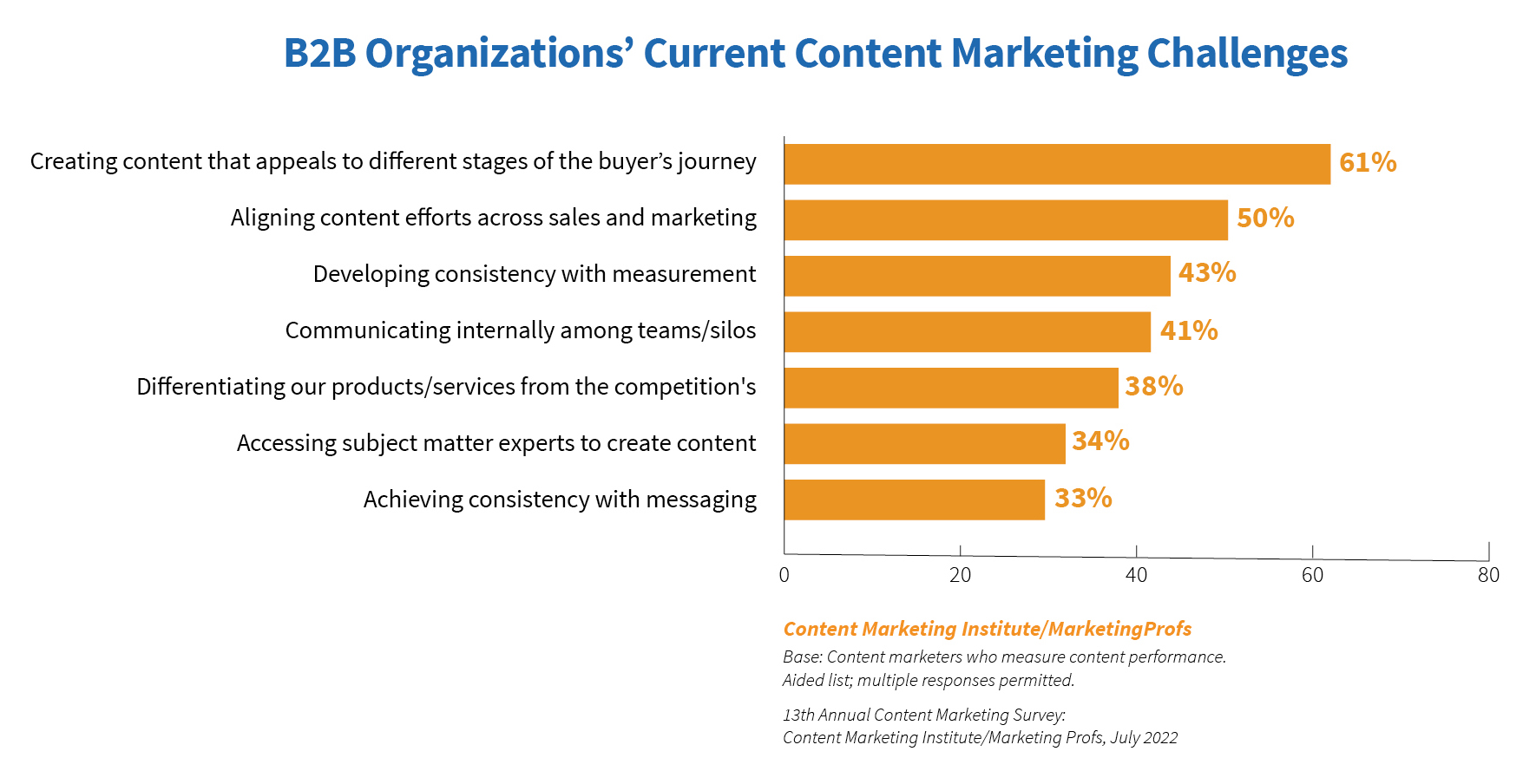
As content marketers, we are always on the hunt for interesting data to grab reader attention and support our claims. It’s a beautiful thing when our employer is the data source. If you work at a SaaS company, you might hit the content jackpot by turning customer usage data into an annual report that attracts media coverage and leads, for example, Zuora’s Subscription Economy Index or Marketing Insider Group’s blog post frequency research.
But what if your company can’t be a source, for whatever reason? “That’s easy,” you say, “The internet is chock full of statistics.”
Maybe you were never burned by using the first number you found, only to discover it’s from a blog post that points to an article published three years ago, which in turn links to a white paper from 2012, which referenced the original statistic in a 1998 university study. (This is exactly what happened in the infamous “humans have less attention span than a goldfish” debacle of 2015.)
This practice is just wrong. The journalistic protocol is to cite an original, authoritative source that is transparent about its methodology (like the description on page 41 in CMI’s annual B2C Content Marketing Report.) It’s also wise to use only data your industry considers fresh. For instance, given the changes in digital media consumption in the past three years, data collected before 2020 is irrelevant at this point.
Here then, is a list of nine reputable sources to find data backed by professional and rigorous methodologies. Some of organizations provide information at no charge but do check their citation policies.
-
Management consulting firms
As early as the late 19th century, these firms helped businesses solve complex problems and improve performance. Many of these global firms specialize in certain industries or processes, while others will tackle any kind of business challenge. As part of their work, management consulting firms conduct research to help executives understand business trends.
Examples:

-
Technology consulting firms
These firms focus on technology, helping providers and users understand it and what it means for industry and society. If you’re content marketing strategy involves writing about data, software, hardware, cloud computing, or artificial intelligence, you’re bound to find timely and comprehensive research from technology consulting firms.
Examples:
.jpg)
-
Market research and analysis companies
Market research firms come in all sizes and shapes. Some focus on specific industries or technologies, while others try to cover them all. Due to the nature of their business, market research companies have a reputation for generating accurate, reliable data. Their business model is based on selling data and insights, and they may also offer advisory services to help executives understand what the data means. You’ll find these firms quoted often in the press.
Examples:

-
Consumer research and analysis companies
These firms study the attitudes, behaviors, preferences, and opinions of individual consumers. Consumer research companies make money by selling data and advice to companies that market goods and services, such as clothing, electronics, and household goods, to consumers. Consumer-centered companies invest in trusted research to help them understand and engage shoppers.
Examples:

-
Premium business media
Public relations professionals seek coverage in business magazines that have long-standing reputations as authoritative news sources executives turn to. The most prestigious names are available only by paid subscription and have expanded in recent years to offer custom research, content creation services, and native advertising sponsorships for brands who want to get in front of business leaders.
Examples:

-
Government agencies
In any major county, state, country, and continent, government workers study all manner of concerns and often are required to release the findings publicly. You can find data on anything from natural resources to traffic patterns to commercial development. It’s hard to pick even a few examples from such a long agency list, so check out this handy site from The Journalist’s Resource. Though it was published in 2014, it’s still a great starting point for government research data in the US.
-
Trade associations and standards bodies
Every industry has at least one trade association to support its members and advance the profession. They bring large communities of professionals together to share knowledge, update certifications, and develop standards of practice, among other activities. Associations are reliant on membership fees and maintaining credibility in the industry, so they follow rigorous data collection protocols to ensure accuracy. Plus, they can often access proprietary data that makes their research more attractive as a source.
Examples
- American Association of Advertising Agencies (4As)
- Institute of Electrical and Electronics Engineers (IEEE)

-
Academic journals and university presses
Educational institutions might be the OG of research, trusted by students and journalists alike. They are historically recognized as credible sources due to their rigorous peer-review process and scholarly standards. Expert editors enforce standards so that published research is reliable, accurate, and helps to advance knowledge in the field. You can find a list of academic journals at Jstor.org.
Examples
-
Non-profit associations and charities
These institutions depend on accurate data to support their work and demonstrate their impact to stakeholders. Many of them partner with academic institutions, government agencies, and other research organizations to ensure meticulous data collection and analysis and objective reporting. Also, most non-profits and charities are frequently audited by outside watchdogs to ensure integrity and transparency.
Examples
The next time you’re in search of an eye-popping statistic that will get your readers talking or will prove your point, start with one of these trusted organizations. Don’t forget to follow their citation policies and give credit where credit is due.
The post 9 Places to Source Authoritative Stats for Your Content Marketing appeared first on Marketing Insider Group.


0 Commentaires